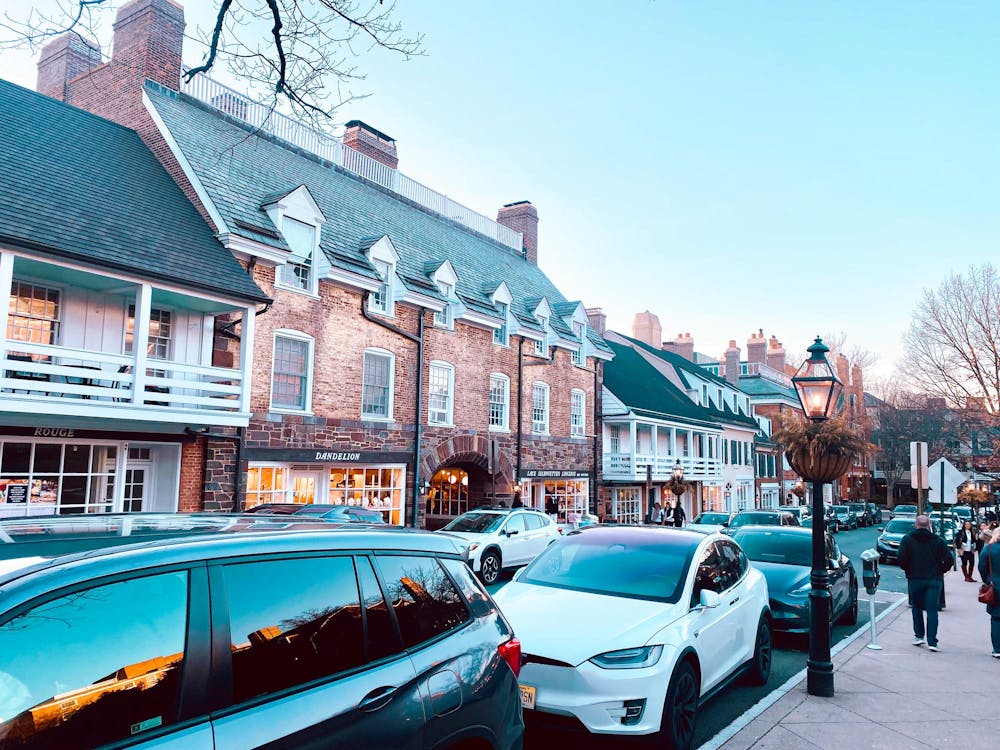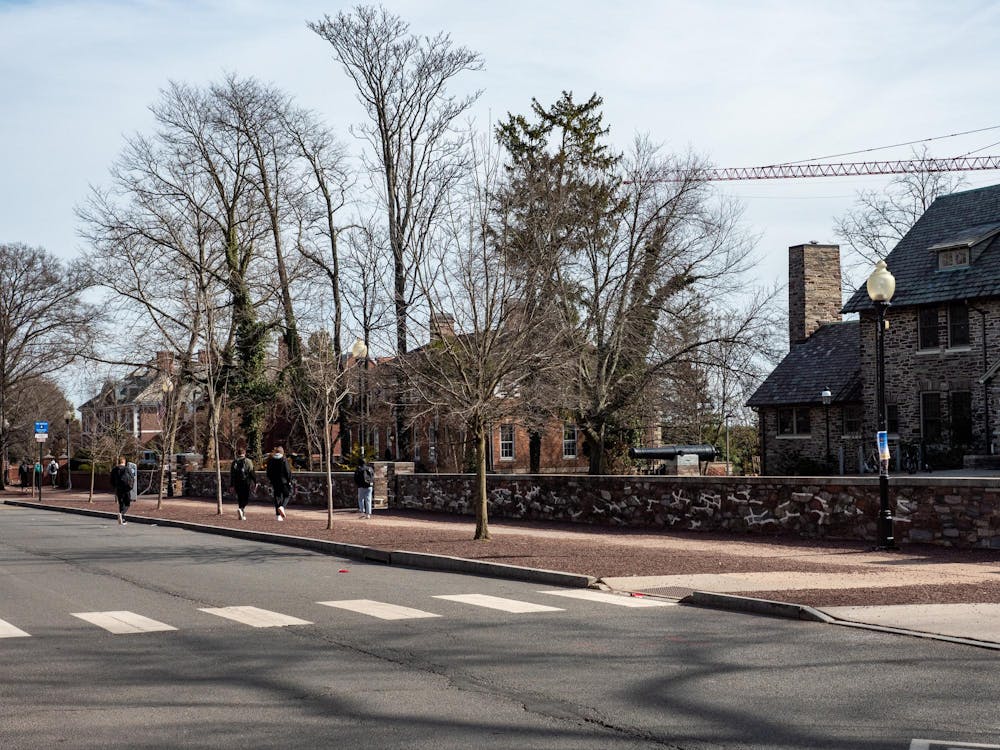There is an emerging belief that people who hold conservative views are being persecuted in a way akin to how oppressed groups have historically been. Complaints include an inability to voice opinions without being censored, discrimination based on conservative beliefs, and a fear of being labelled as ignorant.
Breitbart’s bible on the alt-right movement talks extensively about “oppressive hectoring of the progressive Left.” Bill O’Reilly, a voice for the conservative movement, has gone so far as to say that the white male has been “oppressed and marginalized.” In a popular op-ed calling for liberals to check their privilege, Ryan Quinn, a college student at Fordham, argues that “Conservatives have been silenced. Pop culture makes a mockery of conservatism. Academia pushes liberalism. We are embarrassed, not by our views, but by how our views will be interpreted. We are attacked and shamed for our views, so we grow silent. Because of our silence we think we are alone. Our silence leads to silence from other conservatives.”
So, the following question arises: Are conservatives being oppressed?
There is one key fact that prevents a comparison between the oppression of minorities and the supposed suppression of conservative thought: To be conservative is a choice. To be African American isn’t. To be a woman isn’t. But still, let’s humor the idea that those who voice conservative opinions within liberal majorities are oppressed.
Oppression is defined by Merriam Webster as “unjust or cruel exercise of authority or power.”
Conservative viewpoints inherently aim to hold up the existing power structures. These existing power structures are harmful to large segments of our population — namely anyone who isn’t a heterosexual, rich, white male. Social and even fiscal conservatism in the government often directly contributes to creating an imbalance of power against ethnic minority groups and women.
For example, when conservatives like Rick Santorum, Michele Bachmann, or Ryan Anderson express a view to “uphold traditional marriage,” they are directly invalidating homosexuality and asking for a government regulation that would take away legal recognition from gay couples. When conservatives make an argument against safe, legal abortion, they are directly harming the health of hundreds, if not thousands, of women who might end up choosing an unsafe, illegal route for terminating a pregnancy.
How could people who support existing, unequal power structures claim that they are being oppressed for not being able to express their views?
Yet, on a large scale, conservatives feel as though they are being discriminated against when they have to pay for birth control under the Affordable Care Act or if they have to share a bathroom with a transgender individual or if their religion is not represented by corporate America (the alleged “War on Christmas”). They feel their right to free speech is being violated when their racist, misogynistic, and often ignorant views are labelled as hate speech.
The “so-called alt-right,” an offshoot of conservatism mixing racism, white nationalism, and populism, often makes the claim that they are merely rallying to end their oppression — the oppression of the white man by “black and feminist identity politics.” They are an extreme example of the persecution complex; they rally against the persecution of the existing rights of white men. The catch is that these existing rights are actually part of a system that allows white men (especially heterosexual, rich, white men) more power than any other group. To evaluate the existing system of power, The New York Times evaluated 503 of the “most powerful people in American culture, government, education and business, and found that just 44 are minorities.” Women, African-Americans, Asians, homosexuals, and other minority groups suffer systemic oppression through harmful legislation, outright discrimination, and historical suppression that white males do not ever experience.
However, the alt-right ignores that, while clamoring for its right to exist as a white nationalist group. They feel persecuted when a majority of good human beings protest against the figureheads of the white-supremacist movement.
On a slightly less terrifying scale, this persecution complex can also be seen when our very own Anscombe Society jumps to the “social minority” argument when talking about campus culture. Members feel as though opposition to their events is censorship of free speech, which is made especially harrowing by the fact that a vocal majority of campus is socially liberal. Just read the chain of emails on WilsonWire as a response to the Traditional Marriage event that the Anscombe Society hosted. People cited quotes on open discourse and pointed out a purported “hypocrisy… to call the opinions of other's trash.” Yet, they do not consider that the backlash is present because their events are negatively affecting members of our Princeton community.

This very newspaper is host to many views by conservative-leaning individuals who feel as though their views are suppressed by the liberal majority. Columnist Jessica Nyquist goes as far as saying that she feels a “fear of being classified as ethically and intellectually wrong — objectively immoral and ignorant” should she voice a conservative opinion.
The conservative-liberal divide is artificial — a construction of our political machine. However, should we be discussing sexist viewpoints? Sure. Should you fear backlash if you voice a sexist opinion? Definitely. It’s not about being conservative or liberal — it’s about doing your homework on historical oppression. That involves a conversation where both sides of the argument are heard but where racism is labelled as racism.
Conservative viewpoints are hardly censored. One can be as racist or sexist as he pleases. The U.S. president is proof of that. But when there is backlash from the people being directly harmed by such sentiments, are those people — “the liberals” — oppressing you?
Bhaamati Borkhetaria is a sophomore from Jersey City, NJ. She can be reached at bhaamati@princeton.edu.








